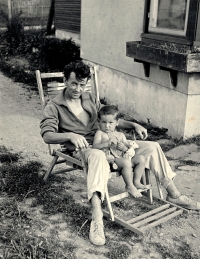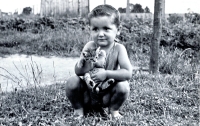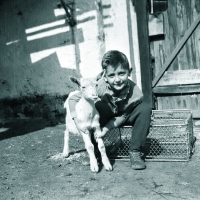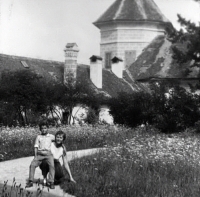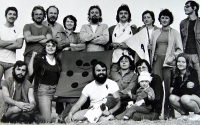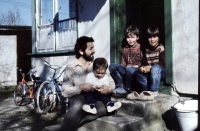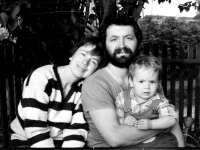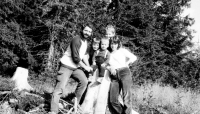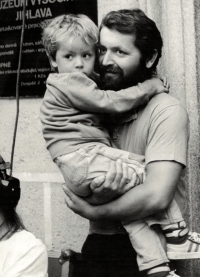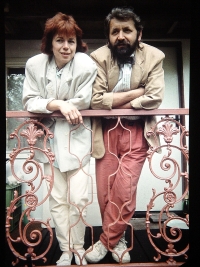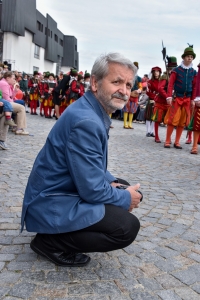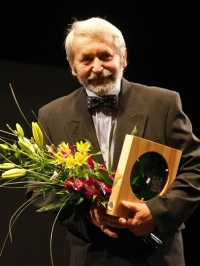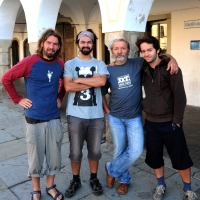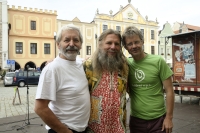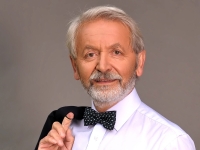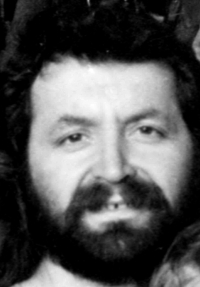Communism was the jungle in which we learned to live

Download image
Milan Kolář was born on July 28, 1953 in Jihlava in a family with German-Jewish roots. In 1968, he began studying at the Secondary School of Economics in Jihlava, where he became passionate about social and cultural life. The result of this was the first club “Nežeňme se” (Let´s not hurry). In the years 1972–1977, he attended the University of Economics in Prague, which he successfully completed. At the university, he met many important personalities, especially in the field of music. Already in 1974, he produced his first concert, at which Jaroslav Hutka performed. As a student, he and a group of friends founded the Kafemlejnek club in Jihlava under the Czechoslovak Socialist Youth Union, which later organized many concerts, often at the limit of what the communist regime was willing to tolerate. He founded several important regional cultural events that continue to this day. He has been organizing the Prázdniny in Telč (Holidays in Telč) since 1982, the Svatomartinský průvod (St. Martin’s Parade) since 1996, and three years later he managed to restore the tradition of the Jihlavský havířský průvod (Jihlava mineworkers parade). He was a representative of the city of Jihlava and deputy mayor. In 2008, he received the medal of the Vysočina Region. In 2022, he lived in Jihlava, was married and had three sons.
